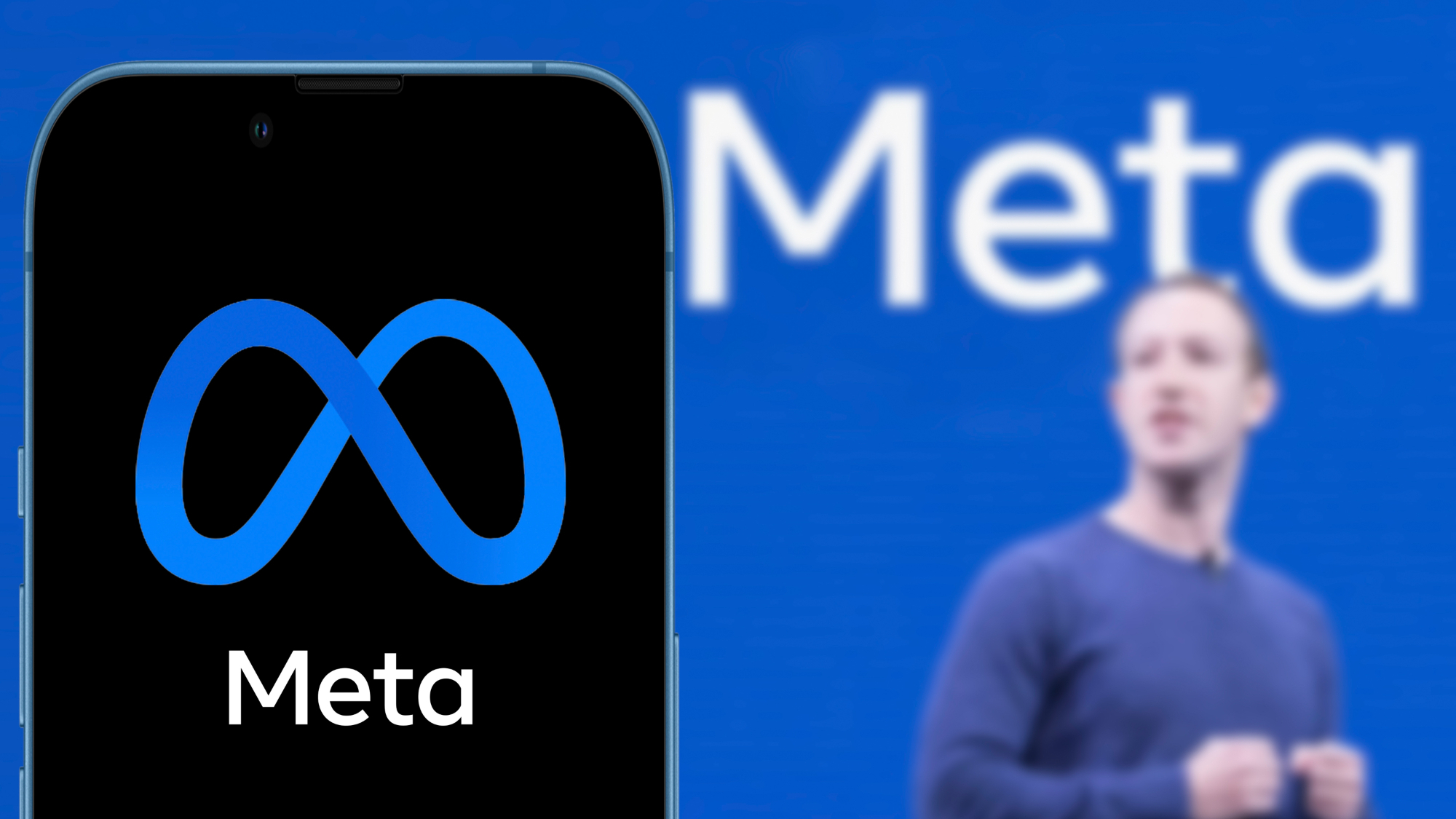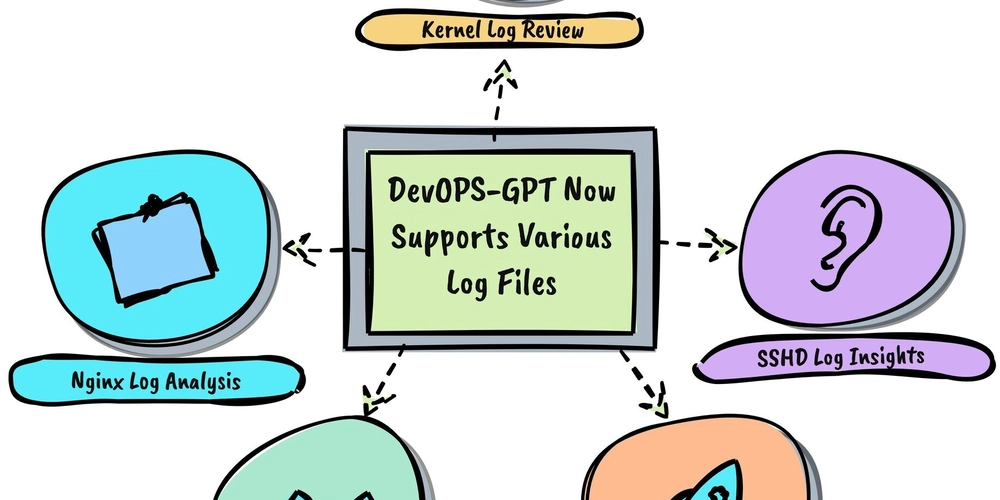AI-Powered Code Generation: The Future of Software Development
Introduction The software development landscape is undergoing a significant transformation with the rise of AI-powered code generation tools. Technologies like OpenAI’s Codex, GitHub Copilot, and Tabnine are reshaping how developers write, debug, and optimize code. But what does this mean for the future of programming? What is AI-Powered Code Generation? AI-powered code generation refers to the use of machine learning models to assist developers in writing code. These models, trained on vast repositories of open-source code, can predict and generate code snippets, automate repetitive tasks, and even suggest complete functions based on natural language input. How Does It Work? AI-powered coding assistants use deep learning models, primarily transformer-based architectures like GPT (Generative Pre-trained Transformer), to understand programming contexts and generate relevant code. The process involves: Contextual Understanding: The AI analyzes the surrounding code and identifies patterns. Code Suggestion: It predicts and generates code snippets or full functions. Refinement: Developers review and refine the generated code to ensure efficiency and accuracy. Benefits of AI in Software Development Increased Productivity: AI-powered tools automate repetitive tasks, allowing developers to focus on complex problem-solving. Reduced Errors: AI helps catch syntax and logic errors early, improving code quality. Faster Prototyping: Developers can quickly generate and test code, speeding up the development cycle. Enhanced Learning: New programmers can learn faster with AI-assisted suggestions and explanations. Challenges and Limitations Despite its advantages, AI-powered coding has some challenges: Code Quality Concerns: AI-generated code may contain security vulnerabilities or inefficiencies. Over-reliance on AI: Developers might become too dependent on AI tools, affecting their problem-solving skills. Ethical and Copyright Issues: AI models are trained on open-source code, raising concerns about intellectual property rights. The Future of AI in Coding The future of AI-powered coding looks promising, with advancements expected in: More Context-Aware AI: Future AI models will understand deeper project contexts and provide more intelligent suggestions. AI-Driven Debugging and Optimization: AI will not only generate code but also optimize and debug existing codebases. Integration with DevOps: AI-driven automation will enhance CI/CD pipelines and software maintenance. Conclusion AI-powered code generation is revolutionizing software development by enhancing productivity, reducing errors, and speeding up prototyping. While challenges exist, the future promises even more intelligent and efficient coding assistance. Developers should embrace AI as a tool to augment their capabilities rather than replace them. What’s your take on AI in coding? Let us know in the comments!
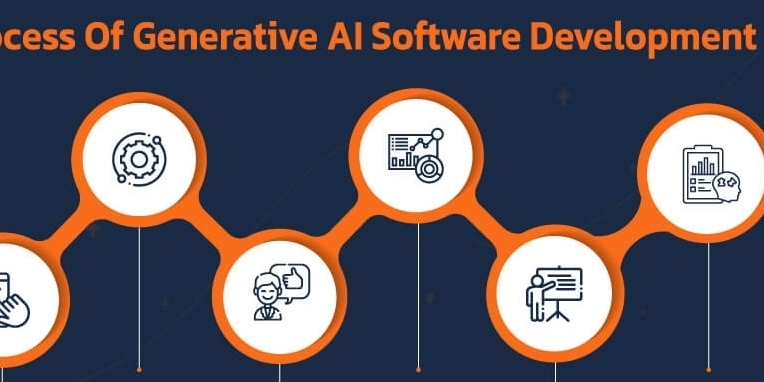
Introduction
The software development landscape is undergoing a significant transformation with the rise of AI-powered code generation tools. Technologies like OpenAI’s Codex, GitHub Copilot, and Tabnine are reshaping how developers write, debug, and optimize code. But what does this mean for the future of programming?
What is AI-Powered Code Generation?
AI-powered code generation refers to the use of machine learning models to assist developers in writing code. These models, trained on vast repositories of open-source code, can predict and generate code snippets, automate repetitive tasks, and even suggest complete functions based on natural language input.
How Does It Work?
AI-powered coding assistants use deep learning models, primarily transformer-based architectures like GPT (Generative Pre-trained Transformer), to understand programming contexts and generate relevant code. The process involves:
- Contextual Understanding: The AI analyzes the surrounding code and identifies patterns.
- Code Suggestion: It predicts and generates code snippets or full functions.
- Refinement: Developers review and refine the generated code to ensure efficiency and accuracy.
Benefits of AI in Software Development
- Increased Productivity: AI-powered tools automate repetitive tasks, allowing developers to focus on complex problem-solving.
- Reduced Errors: AI helps catch syntax and logic errors early, improving code quality.
- Faster Prototyping: Developers can quickly generate and test code, speeding up the development cycle.
- Enhanced Learning: New programmers can learn faster with AI-assisted suggestions and explanations.
Challenges and Limitations
Despite its advantages, AI-powered coding has some challenges:
- Code Quality Concerns: AI-generated code may contain security vulnerabilities or inefficiencies.
- Over-reliance on AI: Developers might become too dependent on AI tools, affecting their problem-solving skills.
- Ethical and Copyright Issues: AI models are trained on open-source code, raising concerns about intellectual property rights.
The Future of AI in Coding
The future of AI-powered coding looks promising, with advancements expected in:
- More Context-Aware AI: Future AI models will understand deeper project contexts and provide more intelligent suggestions.
- AI-Driven Debugging and Optimization: AI will not only generate code but also optimize and debug existing codebases.
- Integration with DevOps: AI-driven automation will enhance CI/CD pipelines and software maintenance.
Conclusion
AI-powered code generation is revolutionizing software development by enhancing productivity, reducing errors, and speeding up prototyping. While challenges exist, the future promises even more intelligent and efficient coding assistance. Developers should embrace AI as a tool to augment their capabilities rather than replace them.
What’s your take on AI in coding? Let us know in the comments!












































































































































































![[The AI Show Episode 142]: ChatGPT’s New Image Generator, Studio Ghibli Craze and Backlash, Gemini 2.5, OpenAI Academy, 4o Updates, Vibe Marketing & xAI Acquires X](https://www.marketingaiinstitute.com/hubfs/ep%20142%20cover.png)















































































































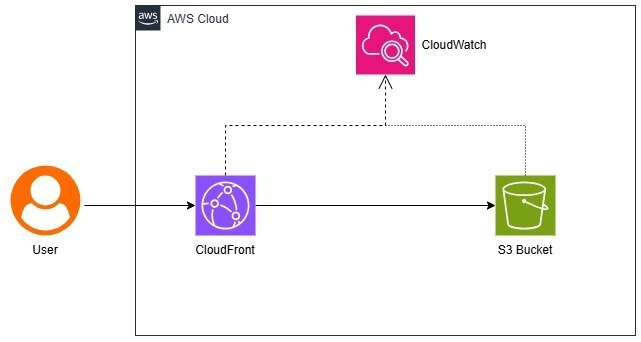
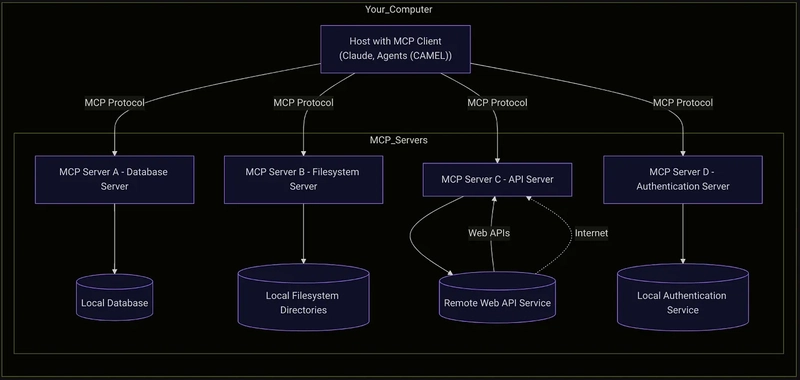










![[FREE EBOOKS] The Kubernetes Bible, The Ultimate Linux Shell Scripting Guide & Four More Best Selling Titles](https://www.javacodegeeks.com/wp-content/uploads/2012/12/jcg-logo.jpg)



![From drop-out to software architect with Jason Lengstorf [Podcast #167]](https://cdn.hashnode.com/res/hashnode/image/upload/v1743796461357/f3d19cd7-e6f5-4d7c-8bfc-eb974bc8da68.png?#)





































































































.png?#)





.jpg?#)


















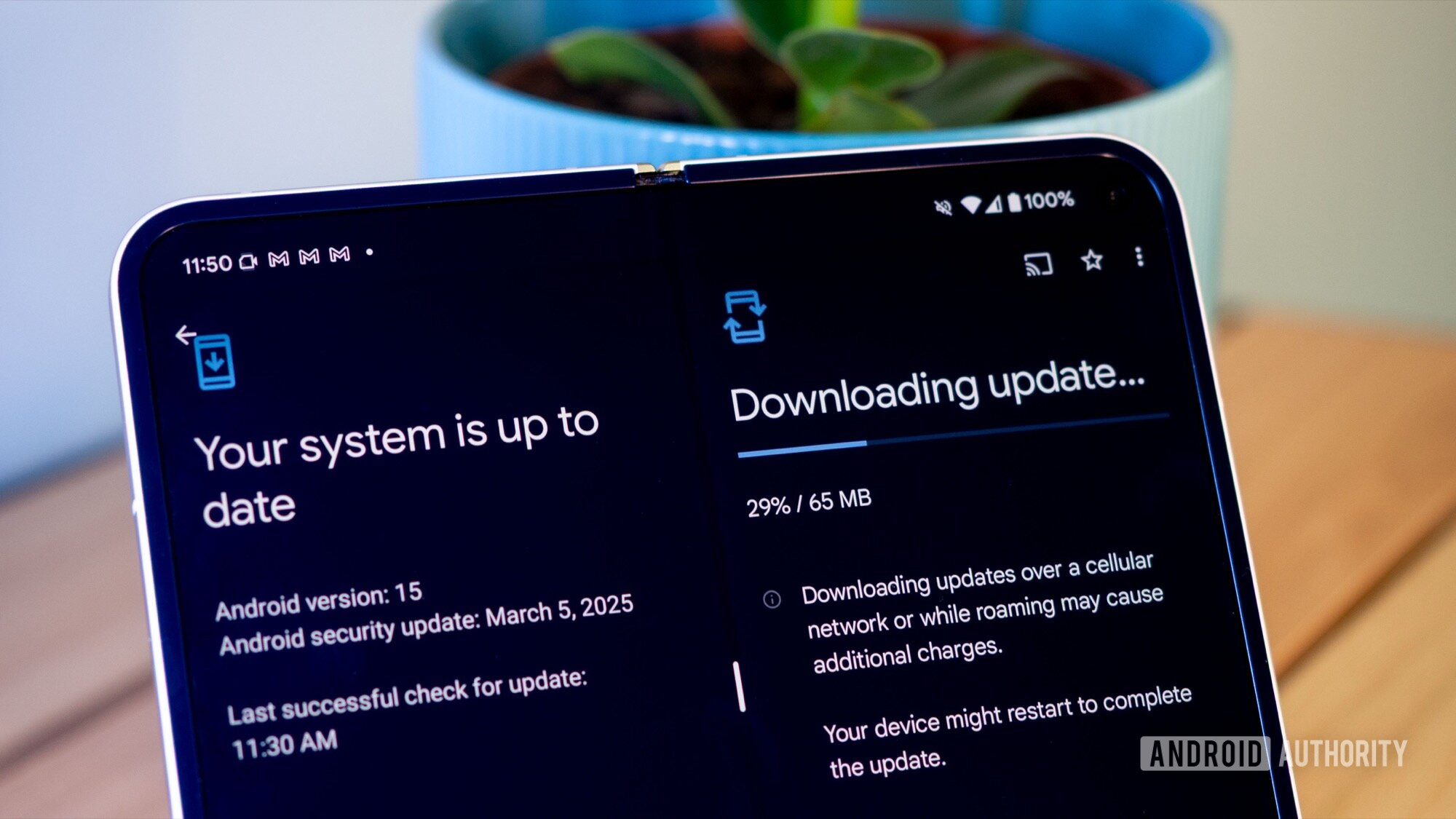












_Christophe_Coat_Alamy.jpg?#)




















































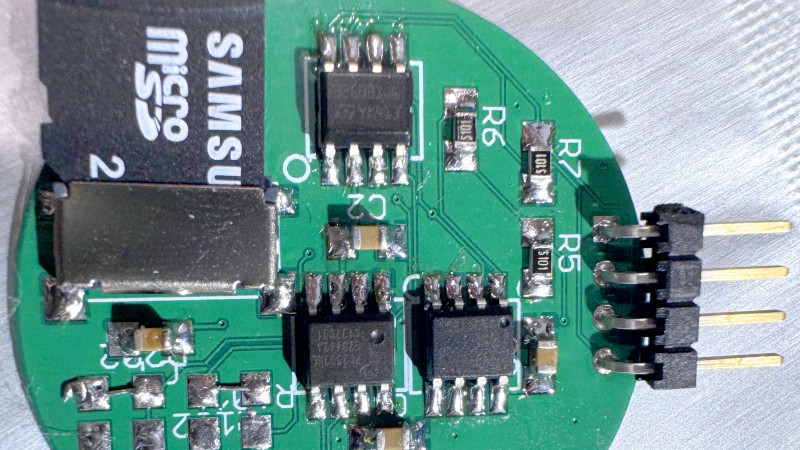

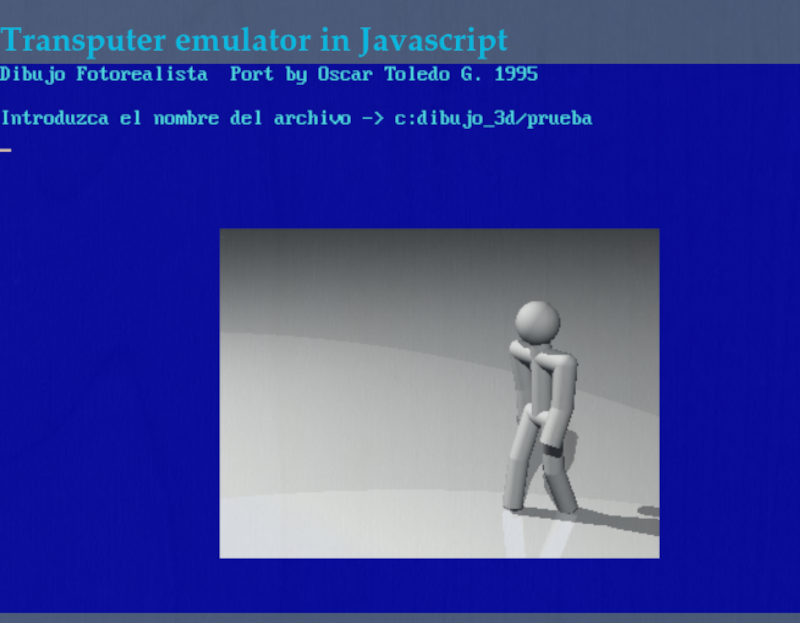




























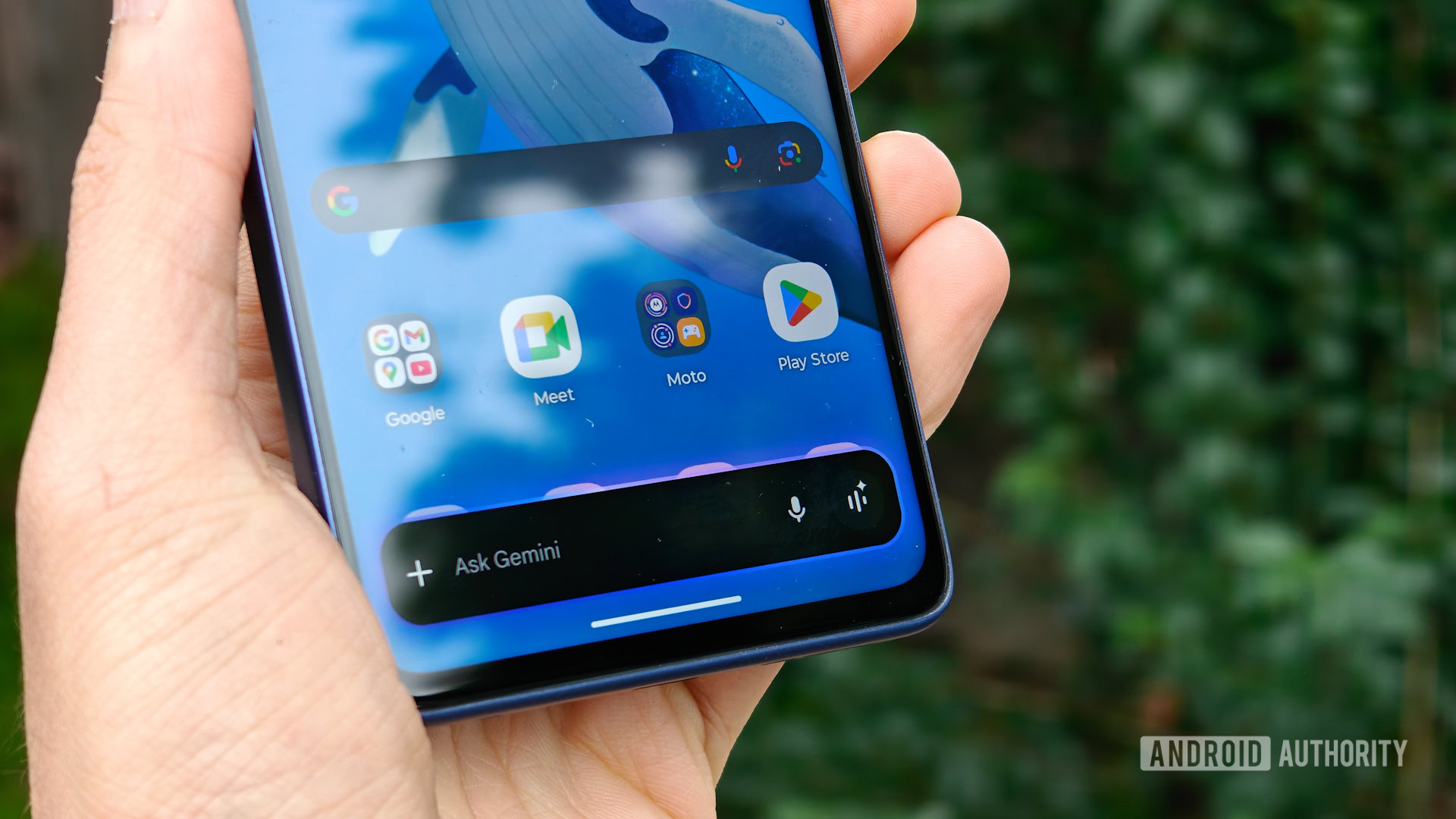



















![Rapidus in Talks With Apple as It Accelerates Toward 2nm Chip Production [Report]](https://www.iclarified.com/images/news/96937/96937/96937-640.jpg)




















